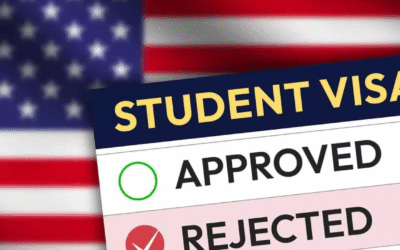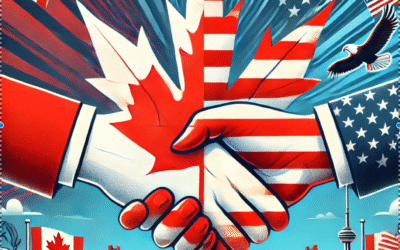Ghana, a nation with a storied history and vibrant culture in West Africa, has been a prominent player on the world stage since achieving independence in 1957.
Guided by a foreign policy founded on non-alignment, mutual respect, and a hands-off approach to the internal matters of other nations, Ghana has emerged as a pivotal figure in international diplomacy.
As a member of prominent global organisations, including the United Nations (UN), the African Union (AU), the Commonwealth of Nations, and the Economic Community of West African States (ECOWAS), Ghana collaborates with other nations to advance peace, security, and development initiatives worldwide.
Ghana has a deep-seated commitment to peacekeeping and conflict prevention, consistently contributing troops and police personnel to various UN peacekeeping missions across Africa and beyond.
Notably, Ghana currently ranks as the third-largest contributor of troops to the UN mission in Mali (MINUSMA).
In addition to its peacekeeping efforts, Ghana has emerged as a vital advocate for preventive diplomacy, mediating conflicts, and fostering dialogue between warring factions throughout Africa.
An exemplar of this mediation role is Ghana’s pivotal contribution to resolving the Liberian civil war in 2003.
Ghana is also a staunch advocate for democracy and human rights. With a longstanding history of democratic governance, the nation has been at the forefront of promoting these values across Africa.
Ghana’s participation in the African Peer Review Mechanism, a voluntary initiative for African nations to assess each other’s governance and human rights records, underscores its commitment to these principles.
In recent years, Ghana has extended its influence to sustainable development, endorsing the Sustainable Development Goals, making significant strides in poverty reduction, enhancing education and healthcare access, and championing environmental protection.
The nation is also a founding member of the Green Climate Fund, a financial mechanism established to aid developing nations in combating and adapting to climate change.
Ghana’s role in international diplomacy holds immense significance for several reasons. First and foremost, Ghana is a respected and influential voice within Africa, owing to its unwavering dedication to democracy and human rights and its proficiency in conflict resolution and peacebuilding.
This makes Ghana a valuable ally for the international community in addressing the myriad challenges facing the continent.
Furthermore, Ghana’s non-alignment stance and its strong ties to both Western and Eastern nations provide a distinctive global perspective, positioning Ghana as a bridge-builder between diverse countries and regions.
Finally, as a burgeoning economic powerhouse and a significant player in the global economy, Ghana’s growing economic clout enhances its influence on global issues. It empowers it to play a more assertive role in advancing sustainable development and economic growth worldwide.
Ghana’s contributions to regional stability and international diplomacy are evident through its mediation in the Liberian civil war, its substantial role in African peacekeeping missions, its establishment of the African Union Standby Force, its advocacy for democracy and human rights in Africa, and its leadership in promoting sustainable development and climate action on the continent.
Ghana’s standing in international diplomacy is not only important but continually expanding. With its wealth of experience, unwavering commitment, and growing influence, Ghana stands as a crucial partner for the international community in tackling the multifaceted challenges of our world today.


